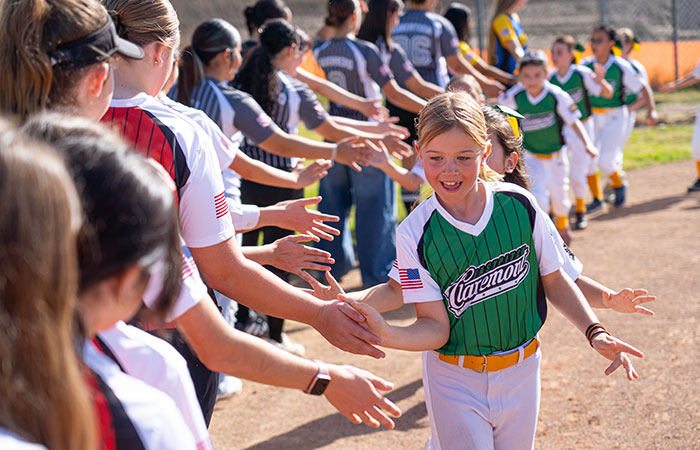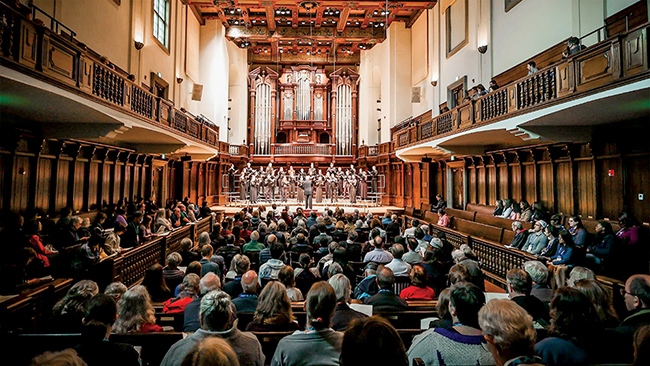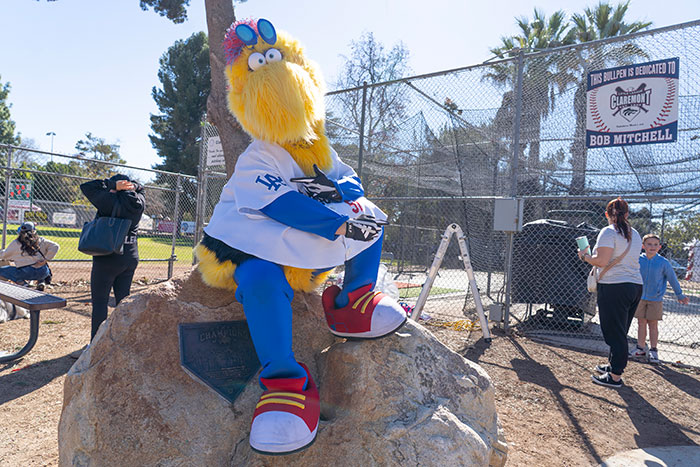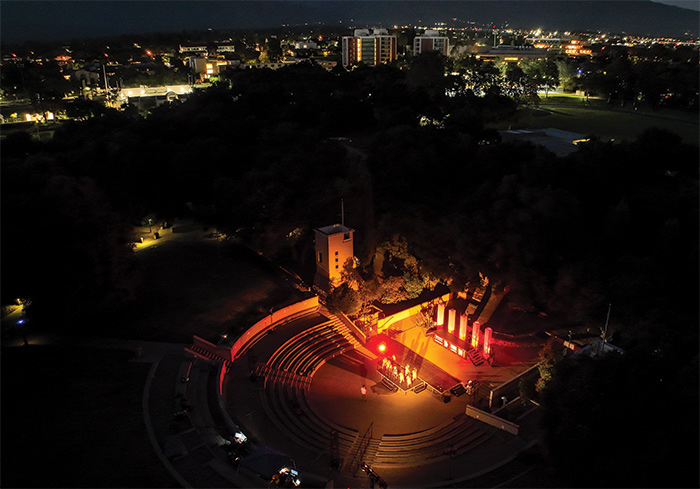Low participation by women on city commissions, council
Among the throng of people running for Claremont City Council this year, one notable group is missing—female candidates.
The city that boasted a majority female council 10 years ago hasn’t counted a woman among its ranks since Linda Elderkin’s retirement in 2011. This begs the question: why aren’t women running, and what can action can the city take to encourage them?
Sue Keith, who has lived in the city for decades, attributes a generational divide to why there are fewer women running for citywide office.
“The Gen-X’ers came along, and they mostly worked full-time,” she said. “They had children and they felt empowered. They felt like things were good for them. They were able to work in jobs that my generation worked in, but [we] had to make strides to get that work.”
But now Donald Trump, a man who has been caught uttering disparaging remarks about women, has been elected president. This, Ms. Keith says, could be the catalyst for more women to become politically involved locally.
“They’re not comfortable now,” she said. “They are feeling threatened, as evidenced by the marches taking place.”
Ms. Keith floated the idea of starting a “leadership development program” for both men and women from younger generations to receive help in the pursuit of public office.
“I don’t want to blame them, it’s not a blame game. But what can we do to encourage them and give them the training and wherewithal to be able to enter leadership positions within the community?” she wonders. “How can we encourage them? And would it be helpful to have a leadership development program that would seek their participation?”
This program, Ms. Keith posited, would prompt younger Claremonters to consider serving on commissions and committees, largely seen as a stepping stone for aspiring city council members.
It’s not an issue just pertaining to Claremont.
“I think this is happening all across the country,” she said.
Karen Rosenthal, who was a member of the city council and a former mayor from 1997 to 2003, noted that many of the younger women in Claremont aren’t as politically involved with city affairs and groups such as the Claremont chapter of the League of Women Voters.
But in the end, Ms. Rosenthal said, Claremonters from younger generations are too busy with life to make the commitment to serve on a city council. She broke down the numbers. When she was on the council, up to 20 hours per week was devoted to the job, which equated to up to 80 hours per month. Couple that with day jobs and family commitments, and the task suddenly becomes daunting.
“You cannot find a young woman with two, three children who is not working to put that time into the job,” she said.
But a female voice could be beneficial to the council, she said. Women often focus on human relations issues in the city, such as homelessness and youth programs.
“I think women can be more collaborative. They’re used to sharing seats of power, they’re used to coming to a consensus,” Ms. Rosenthal said. “I also think that most women don’t have a personal agenda when on the city council. They’re looking out for the good of the community, not just their neighborhood.”
In the early 2000s, the council was half women. Al Leiga, Paul Held and Llewellyn Miller shared the dais with Suzan Smith, Sandy Baldonado and Ms. Rosenthal. In the late 1990s, Judy Wright, Diann Ring, Suzan Smith and Judy Coy held the council seats, with Mr. Leiga as the sole male.
Looking at the city council rosters, on average, there were at least two or three women on the council dating back to the early 1960s with the election of Marjorie Spear and Margaret Gibbs.
When reached by phone, Mayor Sam Pedroza offered a lighthearted joke when asked why women weren’t running for council this year.
“Because they’re smarter,” he quipped, before emphasizing that Claremont would benefit from ensuring that that women’s voices are highly respected in the city conversation.
“I don’t know if we’re doing a good job in making sure that sentiment is there,” he said. “That’s one of the things that we could be more proactive on in terms of making sure that the viewpoints coming from all members of the public are being fully considered and that women are part of the process.”
Mr. Pedroza reminisced about serving on the council with Ms. Elderkin and former city councilmember and mayor Ellen Taylor. He noted that their perspectives on city issues—especially pertaining to families—was an important component of the council.
“Things weren’t black and white,” he said. “They offered numerous viewpoints that perhaps had a singular focus.”
Ms. Keith agreed that a female perspective is one that is sorely needed in a number of public offices in Claremont.
“I think women have a perspective they need to bring to both school board and city council,” she said. “And I’m not criticizing the men that are on the city council, I don’t mean to say that. But [women] have a perspective that is unique. And we need that in the future.”
—Matthew Bramlett
news@claremont-courier.com










0 Comments